Electric Diagnostics
Electrical testing is conducted to ensure that all electrical installations within a premises conform to regulatory standards. This process serves the dual purpose of helping individuals and companies avoid penalties associated with non-compliance and upholding safety measures. According to the Occupier’s Liability Act of 1984, property owners bear the responsibility of duty of care not only toward their tenants but also toward anyone who may access the property. Hence, comprehensive safety checks and precautions must be diligently implemented. Electrical engineers can perform a wide array of physical and visual assessments. Through these evaluations, significant security and health risks, such as electric shocks and fires, can be mitigated. It’s well-established that electrical appliances and installations tend to deteriorate over time due to the strain on technical systems. However, regular electrical testing offers the assurance that potential risks will be identified and addressed promptly.
Certain organizations, like insurance companies, may require their clients to regularly conduct electrical testing on their insured properties. Failure to adhere to this requirement within a specific timeframe can render the insurance agreement void. Typical elements covered in an electrical test include:
1. Identifying any defective electrical circuits.
2. Detecting any electrical circuits in the case of overloading.
3. Identifying any lack of bonding and earthing.
4. Bringing out information about potential fire hazards or electric shocks.
Pricing & Included Services
Our prices are £93.60 per hour for fault diagnostics, and we also perform a range of other diagnostic services. These services include:
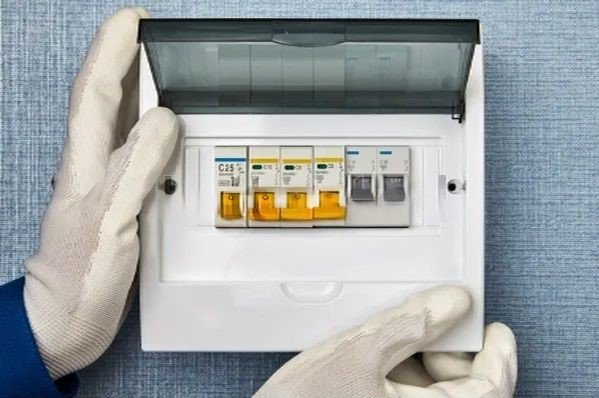
1. Consumer Unit Installation:
Installing a new consumer unit can be a complex task, especially in commercial properties. If you've decided to replace your old consumer unit, it's crucial to ensure that the installation is carried out by a professional electrician, and you can find the right expert here. Given the critical role of the fuse board in your home, improper installation can pose significant risks to you and your property, potentially resulting in electrical hazards. To avoid such dangers, it's essential to have it installed by skilled electrical engineers.
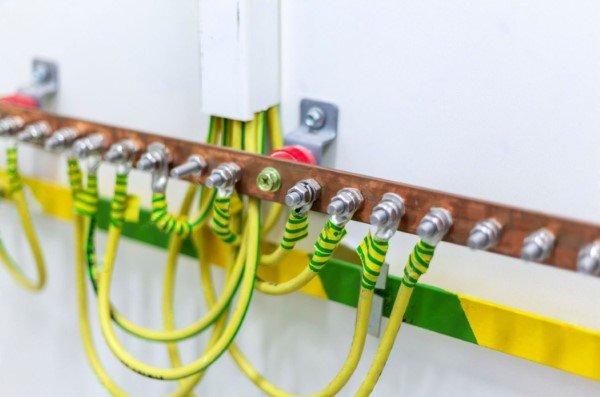
2. Earth Bonding:
In a standard building, various services besides electrical supply necessitate metallic connections in their design, consequently requiring earth bonding. Components such as gas piping, water piping, and similar elements require earth bonding as well. Earth bonding holds immense significance because, in the event of a fault, it redirects the fault current to the safety device, promptly disabling the electrical system to prevent potential damage.

3. Electrical Rewires:
Electrical rewiring may seem like a challenging task, but our skilled electrical engineers can efficiently complete it. This process entails the replacement of some or all of the electrical wiring within a building, encompassing wires connected to lights, outlets, and even the fuse board. While there is no fixed timeline for when electrical rewiring is necessary for a property, it is typically conducted roughly every 25 years. Electrical rewiring becomes particularly essential when outdated wiring or recurring electrical issues, such as frequent tripping, are observed.
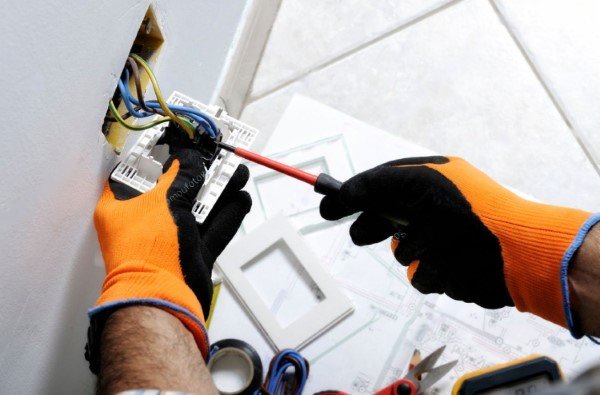
4. Socket Installation:
Professional electrical engineers can address all your electrical socket requirements, including socket outlets, supply feeds, and more. From the initial design phase to installation, we offer comprehensive assistance. Our aim is to deliver the utmost value for your investment while prioritizing safety during socket installation.
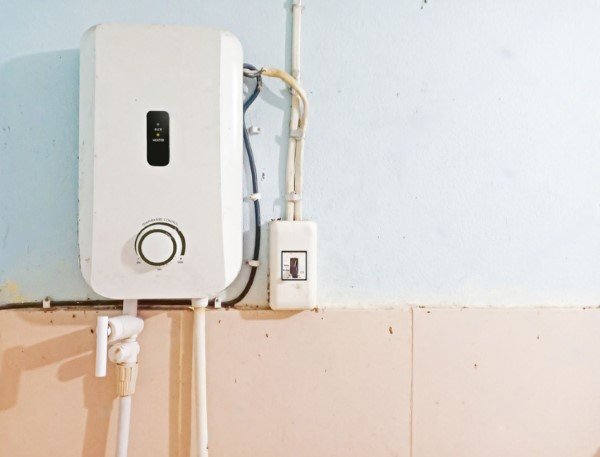
5. Shower Circuit:
We offer a comprehensive range of shower circuit installation services, covering everything from pipework to electrical connections. Our expertise extends to helping you select the ideal equipment that aligns with your preferences and budget. We prioritize ensuring that you receive top-quality materials within your budget constraints, and our goal is your complete satisfaction upon the completion of your shower installation.
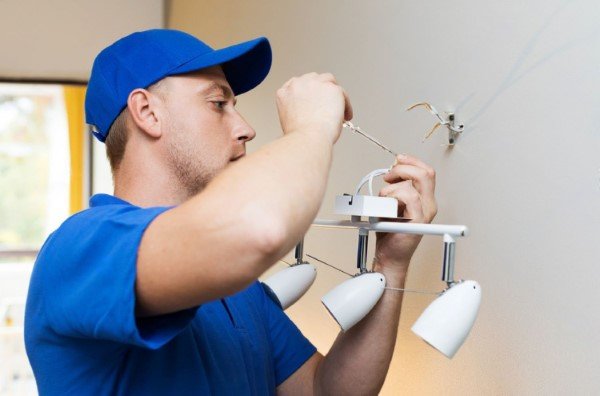
6. Spotlight installation:
Spotlights, also known as downlights, offer a stylish and effective way to illuminate any room. They are particularly well-suited for enhancing kitchen lighting, whether placed beneath units or above worktops. Various types of downlights are available, including:
- Recessed Downlights: These are the most commonly used downlights, found in homes, offices, and other settings.
- Surface downlights: Ideal for locations where recessed ceiling installation is not feasible, such as areas with concrete ceilings in residential or commercial buildings.
- Pendant luminaries: Chosen for their aesthetic appeal, these lights hang gracefully from the ceiling.
- Semi-recessed downlight:These downlights feature a concealed main body within the ceiling and are favored by homes or buildings aiming for distinctive ceiling designs.
Accredited by




